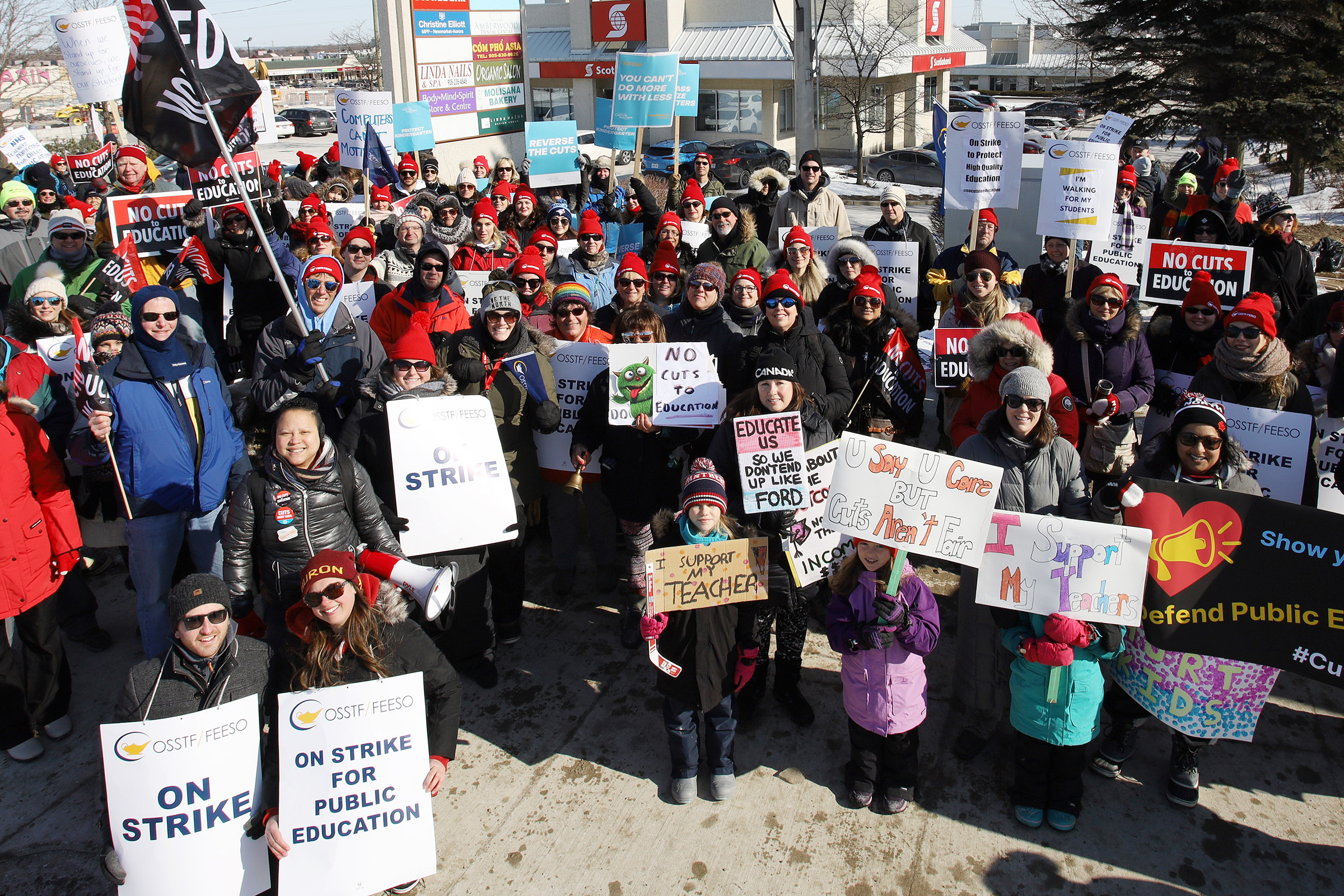Saskatchewan students are not having a good school year. Teachers in that province are currently engaged in rotating strikes and there is a real possibility of a full teachers’ strike in the near future.
The Saskatchewan Teachers’ Federation wants class size and complexity clauses in their collective agreement while the province insists that this issue is best handled at the local level. Neither side appears likely to budge, which raises the spectre of an extended strike.
Sadly, labour unrest among teachers is not uncommon. In late 2023, teachers in Quebec went on strike for several weeks. Ontario and British Columbia have also seen more than their fair of teacher strikes, with teachers in those provinces engaging in job action multiple times over the years.
Manitoba teachers’ collective agreements expired in 2022. For the first time ever, bargaining is happening at the provincial level. This means that whatever agreement is negotiated will apply to all teachers in the province.
However, there remain significant differences between the two sides. The Manitoba Teachers’ Society (MTS) has even accused the Manitoba School Boards Association of “contract stripping.” An impasse appears likely.
And yet, we are still not hearing any talk about a potential teachers’ strike in Manitoba. That’s because MTS voluntarily gave up the right to strike in 1956. In return, MTS received the guarantee of binding arbitration as a dispute resolution mechanism.
Binding arbitration means that both sides submit their final contract proposals to an independent arbitration panel. Using this information, the arbitrators decide on a new collective agreement, which is then binding on both sides.
There’s a significant amount of risk for both teachers and their employers, since neither side knows what the panel is going to decide. This creates an incentive to hammer things out at the bargaining table before arbitration. Once it goes to arbitration, anything can happen.
Fortunately, one group that is not at risk during this process is students. Because strikes are forbidden, there is no risk of schools being closed because of a teachers’ strike. As a result, Manitoba is one of only two provinces (the other being Prince Edward Island) that is an oasis of stability in a sea of labour disputes.
However, we must not take this stability for granted. If MTS had its way, teachers would again have the option of going on strike. Section 3.2(h) of the official MTS policy handbook states “Members should have the ability to choose their dispute resolution mechanism—binding arbitration or strike.”
In other words, MTS would like to renege on the deal it made with the province back in 1956. This would be a serious mistake.
For one, strikes are harmful to students. Closing schools does harm to the academic and social development of students, as we clearly saw during the extended COVID-19 school closures. The last thing students need is more time away from school.
In addition, binding arbitration has gotten superior results for teachers. Not only do Manitoba teachers not have to worry about losing pay due to extended strikes, but their current salaries and benefits are similar to what teachers in other provinces currently receive.
Manitoba is fortunate to not have teacher strikes. Let’s hope that the province and MTS see the wisdom in preserving the labour peace that we’ve had since 1956.
Michael Zwaagstra is a public high school teacher and a Senior Fellow with the Frontier Centre for Public Policy.



